-
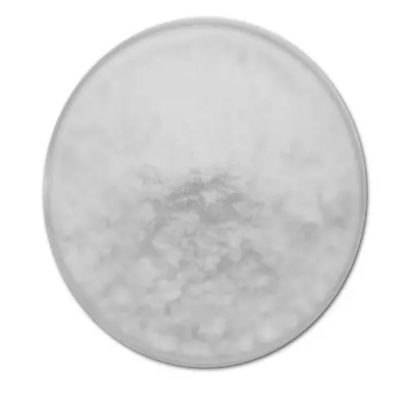
Levofloxacin hydrochloride CAS:177325-13-2
Levofloxacin hydrochloride is the hydrochloride salt form of levofloxacin, a fluoroquinolone antibiotic renowned for its broad-spectrum activity against various bacterial infections. Levofloxacin hydrochloride maintains the same antimicrobial properties as levofloxacin and is commonly used for its potent bactericidal effects on Gram-positive and Gram-negative bacteria. Its formulation as a hydrochloride salt enhances solubility and stability in aqueous solutions, making it suitable for both oral and intravenous administration in clinical settings.
-
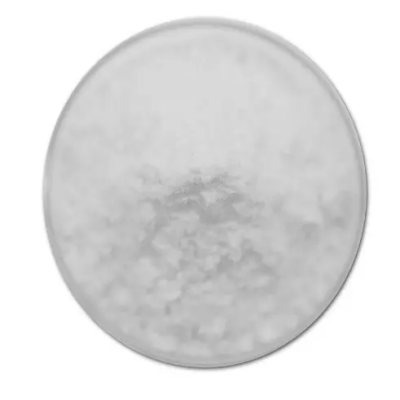
Levofloxacin CAS:100986-85-4
Levofloxacin is a broad-spectrum antibiotic belonging to the fluoroquinolone class, commonly prescribed for the treatment of bacterial infections. It exhibits potent activity against a wide range of Gram-positive and Gram-negative bacteria by inhibiting bacterial DNA gyrase and topoisomerase IV enzymes, essential for bacterial replication. Levofloxacin is available in oral and intravenous formulations, making it versatile for treating various bacterial infections such as respiratory tract infections, urinary tract infections, skin infections, and more.
-

Kanamycin acid sulfate CAS:64013-70-3
Kanamycin acid sulfate is a broad-spectrum aminoglycoside antibiotic commonly used in laboratory research and clinical settings to treat various bacterial infections. It works by inhibiting bacterial protein synthesis, making it effective against a wide range of Gram-positive and Gram-negative bacteria. Kanamycin acid sulfate is particularly useful in combating infections caused by multidrug-resistant bacteria, making it a valuable treatment option for serious bacterial infections.
-

Kanamycin sulfate CAS:70560-51-9
Kanamycin sulfate is a broad-spectrum antibiotic commonly used in cell culture and molecular biology research. It belongs to the aminoglycoside class of antibiotics and works by inhibiting bacterial protein synthesis. Kanamycin sulfate is a white crystalline powder that is soluble in water, making it easy to prepare stock solutions for experimental use. It is stable under normal storage conditions and is widely used in laboratories for its effectiveness against Gram-negative bacteria.
-
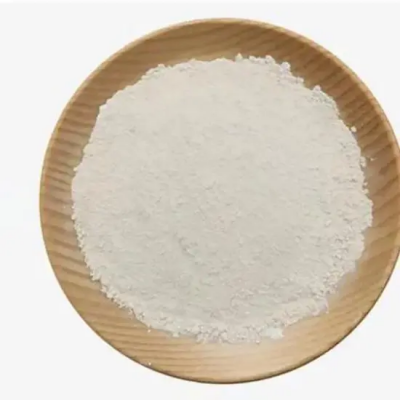
Mecillinam CAS:32887-01-7
Mecillinam, also known as pivmecillinam, is a narrow-spectrum penicillin antibiotic with activity primarily against Gram-negative bacteria. It belongs to the amidinopenicillin class of antibiotics and is structurally related to ampicillin. Mecillinam is characterized by its specificity for targeting Enterobacteriaceae, including Escherichia coli and Klebsiella species. It exerts its bactericidal effects by inhibiting bacterial cell wall synthesis through binding to penicillin-binding proteins. Mecillinam is available in oral formulations, making it suitable for the treatment of urinary tract infections and other localized infections caused by susceptible Gram-negative organisms.
-
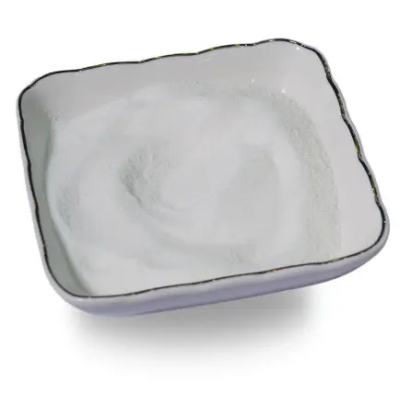
Isepamicin sulfate CAS:67814-76-0
Isepamicin sulfate is a broad-spectrum aminoglycoside antibiotic used to treat various bacterial infections. It exhibits potent bactericidal activity against a wide range of Gram-positive and Gram-negative bacteria by inhibiting protein synthesis. Isepamicin sulfate is particularly effective against multidrug-resistant strains, making it a valuable treatment option for severe infections. This antibiotic is commonly administered intravenously in clinical settings under the supervision of healthcare professionals.
-
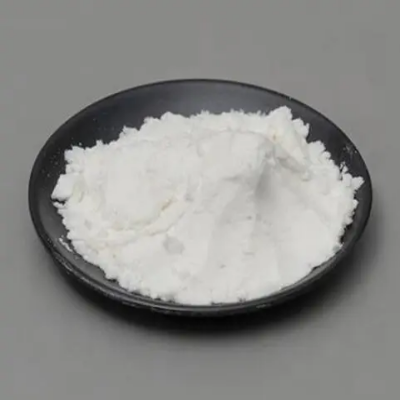
Ionomycin free acid CAS:56092-81-0
Ionomycin free acid is a calcium ionophore compound commonly used in research settings to study cellular signaling pathways and calcium dynamics. It facilitates the transport of calcium ions across cell membranes, leading to increased intracellular calcium levels. Ionomycin free acid is widely utilized in cell biology experiments to activate calcium-dependent processes, such as cytokine production, apoptosis, and cell proliferation. Its ability to induce specific cellular responses by modulating intracellular calcium concentrations makes it a valuable tool in various scientific investigations.
-
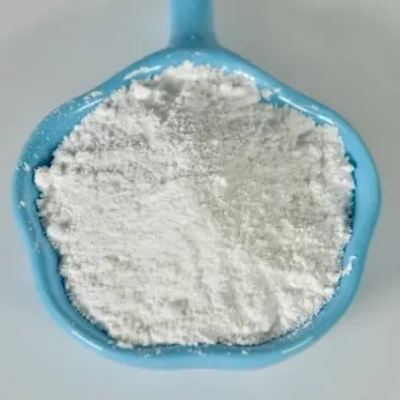
Gentamycin Sulfate CAS:1405-41-0
Gentamicin sulfate is a broad-spectrum antibiotic belonging to the aminoglycoside class, commonly used in clinical practice to treat various bacterial infections. It exhibits potent bactericidal activity against a wide range of Gram-negative and some Gram-positive bacteria by disrupting protein synthesis. Gentamicin sulfate is available in different formulations, including injectable solutions and topical preparations, making it versatile for treating systemic and localized infections.
-
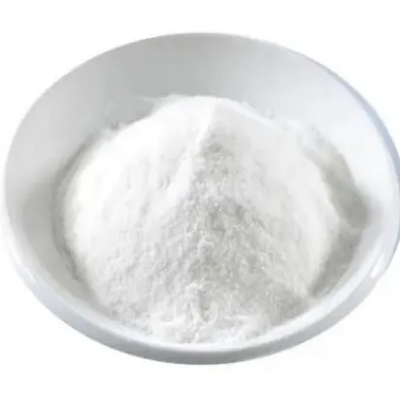
Hygromycin B CAS:31282-04-9
Hygromycin B is an antibiotic derived from Streptomyces hygroscopicus that is commonly used in molecular biology and cell culture applications. It is known for its ability to inhibit protein synthesis by interfering with ribosomes, making it effective against a wide range of bacteria, fungi, and higher eukaryotic cells. Hygromycin B is often used as a selective agent in genetic engineering to identify transformed cells that have incorporated resistance genes against this antibiotic.
-

Imipenem anhydrous CAS:64221-86-9
Imipenem anhydrous is a broad-spectrum antibiotic belonging to the carbapenem class, known for its effectiveness against a wide range of bacterial infections. It works by inhibiting bacterial cell wall synthesis, making it a potent treatment option for severe infections caused by multidrug-resistant bacteria. Imipenem anhydrous is commonly used in clinical settings for treating complicated intra-abdominal infections, pneumonia, urinary tract infections, and sepsis due to its broad coverage against both gram-positive and gram-negative bacteria.
-

Hexamidine diisethionate CAS:659-40-5
Hexamidine diisethionate is a synthetic compound with antimicrobial and anti-inflammatory properties. It is commonly used in skincare products for its ability to combat various skin conditions. This ingredient is known for its effectiveness in controlling bacteria and reducing inflammation on the skin, making it suitable for treating acne, eczema, and other skin irritations. Hexamidine diisethionate can help in maintaining healthy skin by keeping it clear and free from harmful microorganisms, allowing for a balanced and rejuvenated complexion.
-
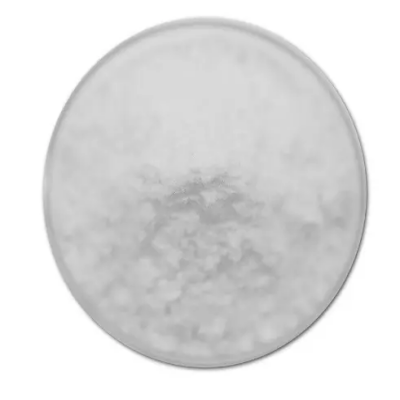
Geldanamycin CAS:30562-34-6
Geldanamycin is a naturally occurring antibiotic derived from Streptomyces hygroscopicus. It belongs to the class of benzoquinone ansamycins and exhibits potent anti-cancer properties by inhibiting heat shock protein 90 (Hsp90), a chaperone protein essential for cancer cell survival. Geldanamycin has shown promise in preclinical studies as a potential therapeutic agent against various types of cancers.

